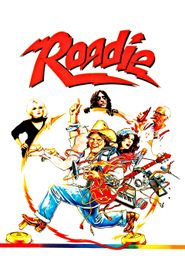Jimmy Destri, born James Mollica on April 13, 1954, in Brooklyn, New York, is a talented musician of Italian descent. His father, a novelist and screenwriter, supplemented his income with advertising copywriting to support his family, while his mother was a dedicated housewife. Destri grew up in Boro Park and spent his formative years in his grandmother's house, surrounded by music. His uncle, who played drums for Joey Dee and the Starlighters, inspired Destri's early interest in music. He taught himself to play drums, bass, and piano, and began writing music and playing in local neighborhood bands as a young boy.
Destri attended Catholic schools and went on to Bishop Ford High School, where he eventually dropped out to form his first band, the 86th Proof. In 1975, he joined the iconic New Wave rock group Blondie, becoming the band's keyboardist until their breakup in the early 1980s. During his time with Blondie, Destri co-wrote several hit songs, including "Atomic," "No Exit," "Maria," "Picture This," and "Nothing Is Real but the Girl."
In 1981, Destri released his solo album, "Heart on a Wall." Throughout the 1980s, he not only ran a company that bought, renovated, and sold old buildings but also produced records and remixed material for various artists, including Prince and INXS. He reunited with Blondie in 1997 and continued to tour with the band until 2004.
Today, Destri resides in Windsor Terrace with his wife, Roberta, and their two children, James and Rienna. He works full-time as a drug counselor and therapist at the Carnegie Hill Institute in New York City.


























